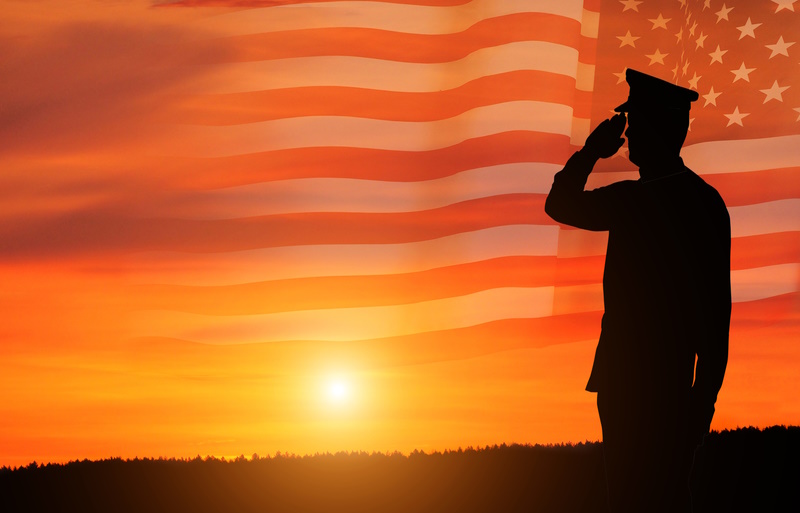Memorial Day is more than just the unofficial start of summer. It’s a day to honor our country’s fallen soldiers or those who died or suffered from a service-related injury or illness.
For surviving veterans and their families, there’s a program that can compensate them for their service and sacrifice.
Often referred to as the “ghost benefit” because veterans are unaware of it, Veterans Affairs’ Aid and Attendance is a needs-based program paid to a veteran or the widow/widower of a veteran (who hasn’t remarried) whose health condition require non-medical, or personal care.
It’s a fact that only a fraction of eligible veteran Americans over age 65, and their spouses, are aware of the Aid & Attendance pension, and could be benefitting from it.
Aid and Attendance was established in 1952 to provide qualified veterans and their surviving spouses with a tax-free pension benefit to help defray the cost of long-term care in assisted living facilities or at home. The benefit can make a big difference in the ability of the veteran or veteran’s surviving spouse to afford basic costs of living, an in-home caregiver in order to be able to stay at home, or to afford to live in an assisted living facility of their choice.
On this Memorial Day, here’s something to ponder: there are more than 16.5 million Americans who are considered veterans. Approximately 167,000 World War II veterans are still alive today. For the Korean War, there are 1.2 million veterans, and more than 6 million Vietnam veterans remaining.
Approximately one out of four seniors could qualify for the Aid and Attendance Benefit under the right conditions. Those conditions are:
- The veteran served at least 90 days of active military duty, one day of which was during a war-time period.
- The veteran was honorably discharged from the service. When applying for this benefit, the applicant would be asked to show his discharge papers, the DD-214.
- Must require the assistance of another person to perform some of the activities of daily living (ADLs). The ADLs are eating, bathing, toileting, dressing, and transferring (walking).
- Meet the income and countable asset criteria established by the VA.
- Must be 65 years and older or totally disabled.
The dates of military service determined by the VA are as follows:
- World War II: Dec. 7, 1941 – Dec. 31, 1946
- Korean War: June 27, 1950 – Jan. 31, 1955
- Vietnam War: Feb. 28, 1961 – May 7, 1975
- Persian Gulf War: Aug. 2, 1990 – present
To qualify, your loved one didn’t have to be involved in combat, or even in the theatre of operations. Even if Dad had a desk job and never served in combat or overseas, he may be eligible for assistance.
Even if your mother didn’t wear the uniform, if she’s a widow of a veteran who served at least one day during wartime, she may be eligible for monthly assistance.
Many families are paying out of pocket for caregivers and don’t realize such benefits like Aid and Attendance exist and can help pay for custodial care that Medicare doesn’t cover.
What are some of the services Aid and Attendance funds can be spent on? Someone to prepare meals, make sure he’s taking his medication, etc… There are licensed agencies in your communities who could provide personnel (a nurse or a sitter, for example) to check in on your loved one a couple of days a week.
While we’re planning to celebrate Memorial Day, let’s not forget what this day is about, and also think about those aging veterans who served our country, especially those who served during time of war. For when those veterans require home care, this country owes them at least that.
Elder Advisers® is not a law firm or a substitute for an attorney. We offer financial advice. We can work closely with your existing tax and legal advisors or introduce you to those we routinely work with. Nothing in this newsletter is intended as tax advice, a solicitation for insurance, or legal advice, and is merely provided as general information, and should not be relied upon for anyone’s specific or unique circumstances. Some content of this newsletter may have been developed by third party sources not affiliated with Elder Advisers®. If you would like to discuss your situation, we are delighted to help. CALL (800) 763-7930.



